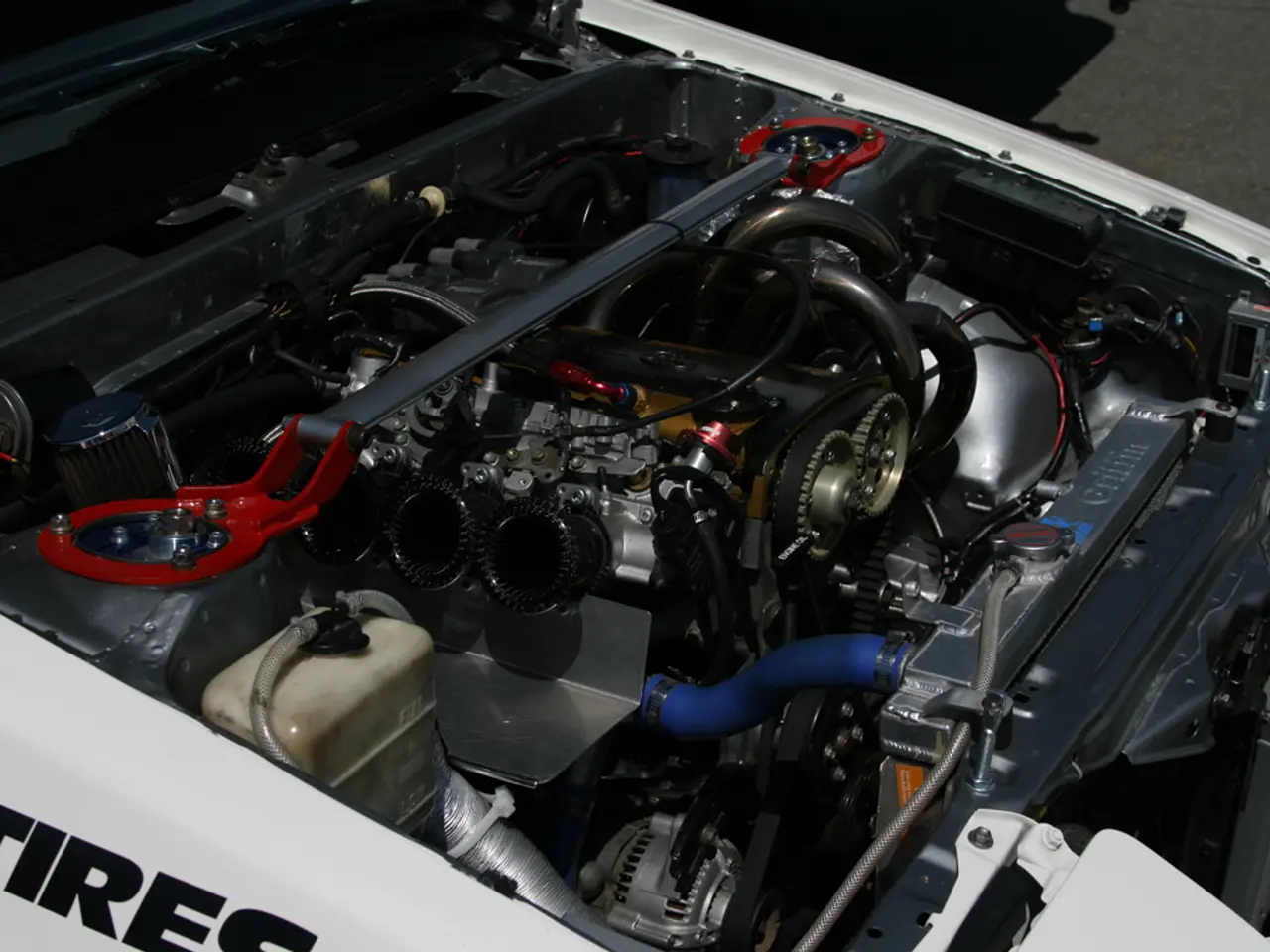Cobalt refinery in North America undergoes essential early developments, as project progresses under the name Electra
Electra Battery Materials Advances Comprehensive Battery Materials Hub
Electra Battery Materials is pushing forward with its vision for a comprehensive battery materials hub, a move that could revolutionize the North American electric vehicle (EV) industry. The company is exploring various technologies, including battery recycling, evaluating nickel processing capabilities, assessing precursor cathode active material (pCAM) production opportunities, and researching additional critical mineral refining processes.
In a significant step towards this vision, Electra is developing North America's first battery-grade cobalt sulfate refinery in Temiskaming Shores, Ontario. The financing for this project involves a $30 million brokered private placement, supported by a conditional $10 million commitment from lenders. The refinery aims to reduce supply chain complexity and transportation costs for North American EV manufacturing.
The refinery's funding strategy includes government grants, strategic investments, commercial partnerships, traditional project financing, and strategic equity investments. Electra requires approximately $60 million in additional capital to complete the refinery.
The refinery offers significant sustainability benefits, including reduced carbon footprint, higher environmental standards, greater transparency in the supply chain, and improved working conditions and labor practices. It also addresses a critical gap in North America's battery supply chain, processing cobalt feedstock locally rather than shipping overseas, creating high-value finished products, and establishing technical expertise and processing capabilities within North America.
Moreover, the refinery improves traceability and ethical sourcing of materials for North American battery manufacturers, positioning Electra as a foundational element in the region's energy transition infrastructure. With government support, commercial validation through offtake agreements, and a clear path forward, Electra is demonstrating that domestic battery material production is not only possible but essential for North America's clean energy future.
Key upcoming milestones include securing remaining project financing, full construction crew mobilization, equipment installation and commissioning, production ramp-up and qualification processes. The refinery's completion represents a significant milestone in North America's journey towards battery materials independence.
Electra is also monitoring similar developments globally, such as the Halls Creek cobalt expansion in Australia, to stay ahead of industry trends. The company aims to reduce dependence on any single funding source and has worked closely with regulatory authorities to establish appropriate standards and compliance mechanisms.
However, it's important to note that the article contains forward-looking statements regarding project timelines, production capacities, and market impacts, which are subject to risks and uncertainties including funding availability, technical challenges, and market conditions. Developing the refinery has required navigating regulatory frameworks not specifically designed for battery material processing.
In conclusion, Electra Battery Materials' advancements in battery materials production and recycling could significantly impact the North American EV industry. With its comprehensive battery materials hub, the company is poised to create economic and strategic value while addressing critical gaps in the battery supply chain and contributing to a cleaner, more sustainable future.
Read also:
- Understanding Hemorrhagic Gastroenteritis: Key Facts
- Trump's Policies: Tariffs, AI, Surveillance, and Possible Martial Law
- Expanded Community Health Involvement by CK Birla Hospitals, Jaipur, Maintained Through Consistent Outreach Programs Across Rajasthan
- Abdominal Fat Accumulation: Causes and Strategies for Reduction








